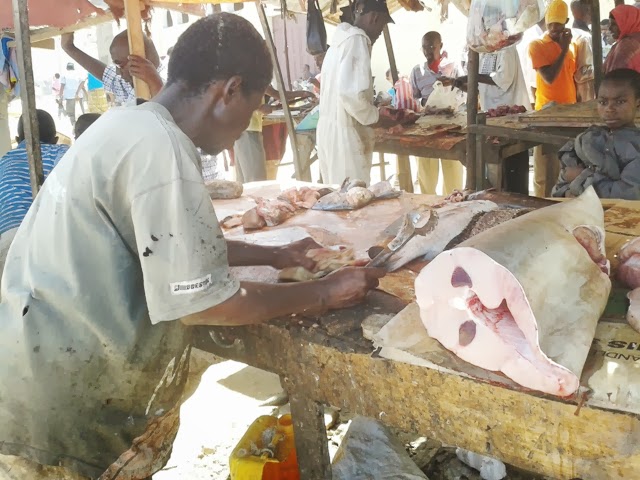We love our coasts and beaches as places to live, work, and play. Forty percent of the world’s population lives on the coastal fringe, and that number is steadily growing. Vacationers eager to lie on white sandy beaches and swim in crystal clear waters generate billions of dollars in tourism revenue annually.
This constant push for new development projects and construction is compromising the health of coastal, beach and nearshore marine ecosystems. Industrial pollution and agricultural runoff further alter these natural systems, creating coastal dead zones in places that used to be teaming with life. As ocean levels rise and seasonal storms become more intense, these destructive pressures will only get worse, dramatically altering the shape and composition of our coastlines.
Our Coasts & Beaches Fund provides grants to projects that promote best management practices and the creation of marine reserves. We also support important research on the value of the coast and beaches as natural systems that contribute to our economies and play a role in human health. In many cases, well-designed restoration projects can give coastal wetlands, estuaries, beaches, and mangroves a second chance, even after they have been severely damaged or degraded.













